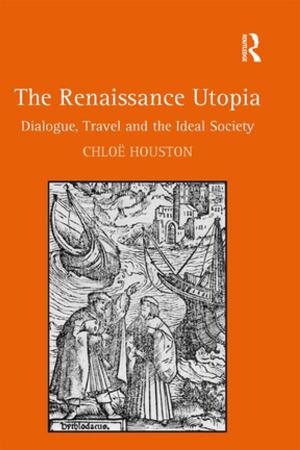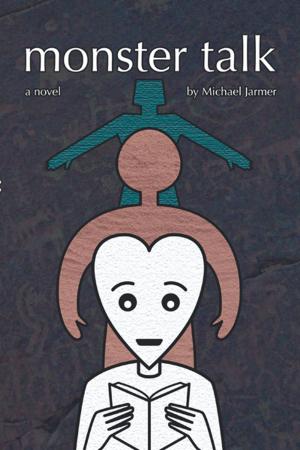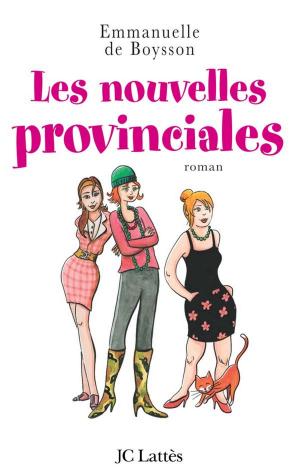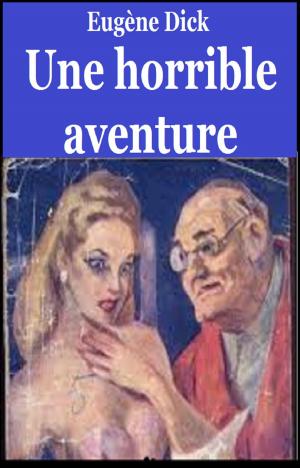NOTES FROM THE UNDERGROUND Classic Novels: New Illustrated [Free Audiobook Links]
Fiction & Literature, Classics, Literary| Author: | FYODOR DOSTOYEVSKY | ISBN: | 1230000116421 |
| Publisher: | FYODOR DOSTOYEVSKY | Publication: | March 20, 2013 |
| Imprint: | Language: | English |
| Author: | FYODOR DOSTOYEVSKY |
| ISBN: | 1230000116421 |
| Publisher: | FYODOR DOSTOYEVSKY |
| Publication: | March 20, 2013 |
| Imprint: | |
| Language: | English |
"NOTES FROM THE UNDERGROUND" - Popular Classic Novels included Free AudioBook Links, NEW illustrations, Clickable Table of Contents for both the list of included books and their respective chapters.The text and chapters are perfectly set up to match the layout and feel of a physical copy, rather than being haphazardly thrown together for a quick release.
Notes from Underground (Russian: Записки из подполья, Zapiski iz podpol'ya) (also translated in English as Notes from the Underground or Letters from the Underworld) is an 1864 novella by Fyodor Dostoyevsky. Notes is considered by many to be the first existentialist novel. It presents itself as an excerpt from the rambling memoirs of a bitter, isolated, unnamed narrator (generally referred to by critics as the Underground Man) who is a retired civil servant living in St. Petersburg. The first part of the story is told in monologue form, or the underground man's diary, and attacks emerging Western philosophy, especially Nikolay Chernyshevsky's What Is to Be Done?. The second part of the book is called "Àpropos of the Wet Snow", and describes certain events that, it seems, are destroying and sometimes renewing the underground man, who acts as a first person, unreliable narrator.
Fyodor Mikhailovich Dostoyevsky 11 November 1821 – 9 February 1881),[b] sometimes transliterated Dostoevsky, was a Russian novelist, short story writer and essayist. Dostoyevsky's literary works explore human psychology in the troubled political, social and spiritual context of 19th-century Russia. Although he began writing in the mid-1840s, his most memorable works—including Crime and Punishment, The Idiot and The Brothers Karamazov—are from his later years. His work consists of eleven novels, three novellas, seventeen short novels and three essays. Many literary critics rate him as one of the greatest and most prominent psychologists in world literature.
Dostoyevsky was born in Moscow. He was introduced to literature at an early age—through fairy tales and legends, but also through books by English, French, German and Russian authors. His mother's sudden death in 1837, when he was 15, devastated him. Around that time, he left school to enter the Nikolayev Military Engineering Institute. After graduating, he worked as an engineer and briefly enjoyed a liberal lifestyle. He soon began translating books to earn extra money. In the mid-1840s he wrote his first novel, Poor Folk, which allowed him to join St. Petersburg's literary circles.
In 1849 he was arrested for his involvement with the Petrashevsky Circle—a secret society of liberal utopians as well as a literary discussion group. He and other members were condemned to death, but at the last moment, a note from Tsar Nicholas I arrived at the scene of the firing squad, commuting the sentence to four years' hard labour in Siberia. There, he was diagnosed with epilepsy during a period when his seizures increased. After his release, Dostoyevsky was forced to serve as a soldier, but was discharged due to ill health.
In the following years Dostoyevsky worked as a journalist, publishing and editing several magazines of his own and later a serial, A Writer's Diary. He began travelling around western Europe, and developed a gambling addiction that led to financial hardship and an embarrassing period of begging for money. Nevertheless, he eventually became one of the most widely read and renowned Russian writers. His books have been translated into more than 170 languages and have sold around 15 million copies. Dostoyevsky influenced a multitude of writers, from Anton Chekhov and James Joyce to Ernest Hemingway and Jean-Paul Sartre, among others.
"NOTES FROM THE UNDERGROUND" - Popular Classic Novels included Free AudioBook Links, NEW illustrations, Clickable Table of Contents for both the list of included books and their respective chapters.The text and chapters are perfectly set up to match the layout and feel of a physical copy, rather than being haphazardly thrown together for a quick release.
Notes from Underground (Russian: Записки из подполья, Zapiski iz podpol'ya) (also translated in English as Notes from the Underground or Letters from the Underworld) is an 1864 novella by Fyodor Dostoyevsky. Notes is considered by many to be the first existentialist novel. It presents itself as an excerpt from the rambling memoirs of a bitter, isolated, unnamed narrator (generally referred to by critics as the Underground Man) who is a retired civil servant living in St. Petersburg. The first part of the story is told in monologue form, or the underground man's diary, and attacks emerging Western philosophy, especially Nikolay Chernyshevsky's What Is to Be Done?. The second part of the book is called "Àpropos of the Wet Snow", and describes certain events that, it seems, are destroying and sometimes renewing the underground man, who acts as a first person, unreliable narrator.
Fyodor Mikhailovich Dostoyevsky 11 November 1821 – 9 February 1881),[b] sometimes transliterated Dostoevsky, was a Russian novelist, short story writer and essayist. Dostoyevsky's literary works explore human psychology in the troubled political, social and spiritual context of 19th-century Russia. Although he began writing in the mid-1840s, his most memorable works—including Crime and Punishment, The Idiot and The Brothers Karamazov—are from his later years. His work consists of eleven novels, three novellas, seventeen short novels and three essays. Many literary critics rate him as one of the greatest and most prominent psychologists in world literature.
Dostoyevsky was born in Moscow. He was introduced to literature at an early age—through fairy tales and legends, but also through books by English, French, German and Russian authors. His mother's sudden death in 1837, when he was 15, devastated him. Around that time, he left school to enter the Nikolayev Military Engineering Institute. After graduating, he worked as an engineer and briefly enjoyed a liberal lifestyle. He soon began translating books to earn extra money. In the mid-1840s he wrote his first novel, Poor Folk, which allowed him to join St. Petersburg's literary circles.
In 1849 he was arrested for his involvement with the Petrashevsky Circle—a secret society of liberal utopians as well as a literary discussion group. He and other members were condemned to death, but at the last moment, a note from Tsar Nicholas I arrived at the scene of the firing squad, commuting the sentence to four years' hard labour in Siberia. There, he was diagnosed with epilepsy during a period when his seizures increased. After his release, Dostoyevsky was forced to serve as a soldier, but was discharged due to ill health.
In the following years Dostoyevsky worked as a journalist, publishing and editing several magazines of his own and later a serial, A Writer's Diary. He began travelling around western Europe, and developed a gambling addiction that led to financial hardship and an embarrassing period of begging for money. Nevertheless, he eventually became one of the most widely read and renowned Russian writers. His books have been translated into more than 170 languages and have sold around 15 million copies. Dostoyevsky influenced a multitude of writers, from Anton Chekhov and James Joyce to Ernest Hemingway and Jean-Paul Sartre, among others.
![Cover of the book NOTES FROM THE UNDERGROUND Classic Novels: New Illustrated [Free Audiobook Links] by FYODOR DOSTOYEVSKY, FYODOR DOSTOYEVSKY](https://www.kuoky.com/images/2013/march/500x500/1230000116421-OcK5_500x.jpg)














